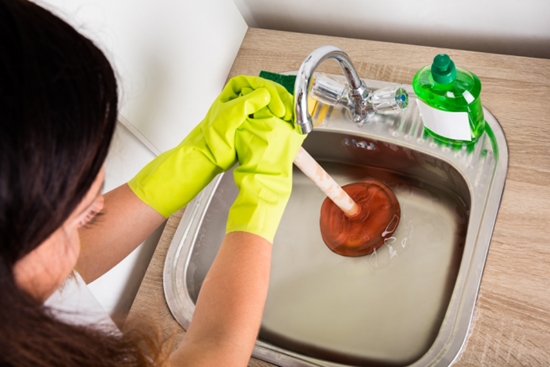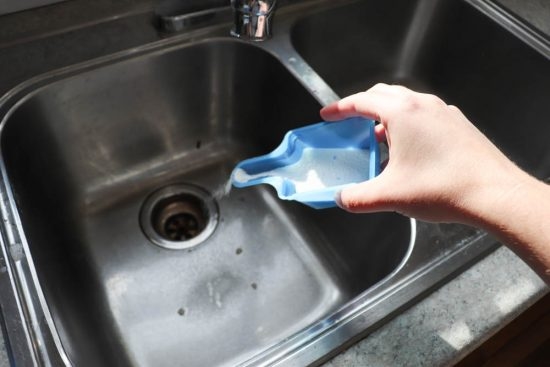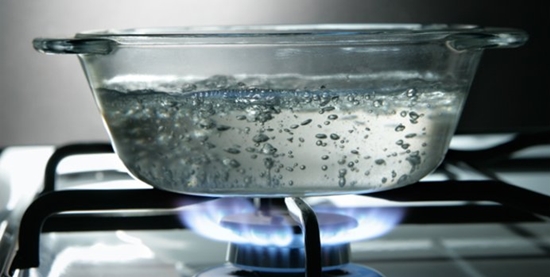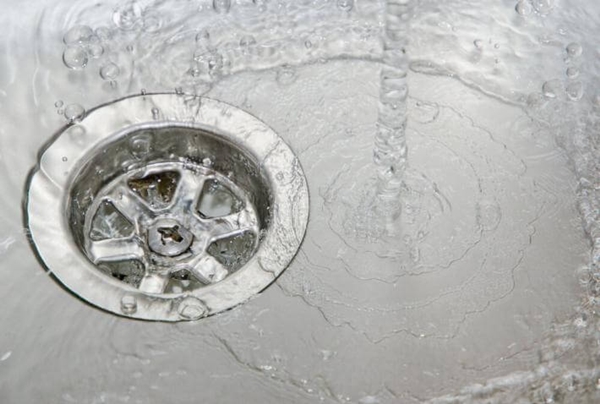16 Oct. 20
6 tips to stop off blocked drains inside your home
Avoid blocked drains

When you would want to prevent blocked drains inside your home, we are here to offer you the six tips which can help you in doing so. The place where you can start is being aware of why your drains are becoming blocked. The moment you are aware of this you can start figuring out the ways of maintaining them clearly.
There’s a fundamental difference between what blocks the kitchen drains as contrasting to what clogged-up bathroom drains. Quintessential Plumbing provides some for you down below.
The DIY method for bathroom drains
In helping to prevent blocked drains inside the house you may choose to use the two basic household materials – vinegar with the gold table salt (old). The bathroom drains normally get gummed up since the sticky substances are being poured down them. The substances include the things like shaving cream, toothpaste, and soap. The other culprit part is the hair. All of these are ordinary and daily substances that are part of the daily routine. You will not simply stop shedding or using them.
What you have to do to prevent blocked drains is by pouring a minimum of a tablespoon of salt beneath the drain, then, empty the quarter cup of the plain white vinegar over it and permit the solution to sit there for about an hour. The moment that the time is over, pour in much hot water. To have great outcomes you must do this entire procedure twice.
Keeping the sinks clean

Together with using the vinegar and the salt routine described above to shun blocked drains, you must back this up each time by pouring a bit of household bleach beneath the drain. For that maximum effect poured it in just before your bedtime. Allow it to stay there throughout the whole night. The minimum quantity of time, so it will work best is an hour. Overnight is even better.
Degrease the kitchen sink
Not unless you take the proper measures, in due time the construction of grease will take place in the kitchen sink. You may shun blocked drains in your kitchen sink quite simply by pouring liquid dish detergent beneath the plughole followed through the bigger volume of hot water. You have to use red-hot water. You just have to fill the larger pan and take it to boil on the cooker. Before the water will finally boil, pour a minimum of a tablespoon down your sink. Follow this immediately with the hot boiling water – adding bit by bit at a time. Your detergent will act to dispel the oil in a similar manner as it was when you are using it for washing the plates. The boiling water will take out any grease deposits which have built up. For a wiser move, do this for 2-3 times in succession.
Do not use hot water from your tap

Do not attempt to use the hot water from your tap; unless you have your own boiler tap. Ordinary tap hot water is not hot enough for removing the grease – even when using it with detergents. Even though you would not expect a large increase of grease in the bath or bathroom sink, it is recommended that you use boiling water. You may also use the dish detergent when you wish.
Cold water and your garbage disposal units
When you have your garbage disposal unit that is being connected under the sink, do not wash your garbage by using hot water from your tap. It is because hot water will melt and soften any fat or grease. It is being encouraged that the grease be washed through and it may then coat your pipes. It is best to utilize bigger volumes of tap water than is cold. This will keep the oil even more solid permitting the disposal unit in breaking it up. When degreasing and cleaning the sink with the built-in garbage unit, using boiling water again is the best.
Outside drains
And also with these outside drains being concerned, these will get blocked also from then on. The culprit is normally the build-up of those fallen leaves. The simplest means to shun this is by covering the drain with a bit of chicken wire.
Related post



